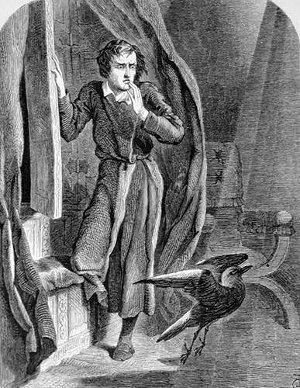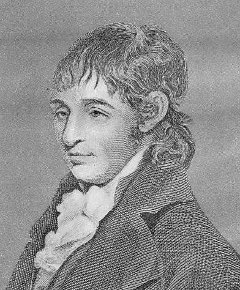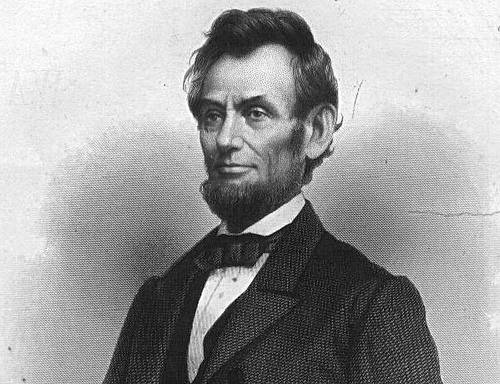
Florida bankruptcy judge A. Jay Cristol had moved to dismiss a case in 1986 when he reconsidered, inspired by “a little old ebony bird.” He filed this explanation:
Once upon a midnight dreary,
While I pondered weak and weary
Over many quaint and curious files of chapter seven lore
While I nodded nearly napping, suddenly there came a tapping
As of some one gently rapping, rapping at my chamber door,
“‘Tis some debtor,” I muttered, “tapping at my chamber door–
Only this and nothing more.”
Ah distinctly I recall, it was in the early fall
And the file still was small
The Code provided I could use it
If someone tried to substantially abuse it
No party asked that it be heard.
“Sua sponte” whispered a small black bird.
The bird himself, my only maven,
Strongly looked to be a raven.
Upon the words the bird had uttered
I gazed at all the files cluttered
“Sua sponte,” I recall, had no meaning; none at all.
And the cluttered files sprawl, drove a thought into my brain.
Eagerly I wished the morrow–vainly I had sought to borrow
From BAFJA, surcease of sorrow–and an order quick and plain
That this case would not remain as a source of further pain.
The procedure, it seemed plain.
As the case grew older, I perceived I must be bolder.
And must sua sponte act, to determine every fact,
If primarily consumer debts, are faced,
Perhaps this case is wrongly placed.
This is a thought that I must face, perhaps I should dismiss this case.
I moved sua sponte to dismiss it for I knew I would not miss it.
The Code said I could, I knew it.
But not exactly how to do it, or perhaps some day I’d rue it.
I leaped up and struck my gavel.
For the mystery to unravel
Could I? Should I? Sua sponte, grant my motion to dismiss?
While it seemed the thing to do, suddenly I thought of this.
Looking, looking towards the future and to what there was to see
If my motion, it was granted and an appeal came to be,
Who would be the appellee? Surely, it would not be me.
Who would file, but pray tell me, a learned brief for the appellee
The District Judge would not do so
At least this much I do know.
Tell me raven, how to go.
As I with the ruling wrestled
In the statute I saw nestled
A presumption with a flavor clearly in the debtor’s favor.
No evidence had I taken
Sua sponte appeared foresaken.
Now my motion caused me terror
A dismissal would be error.
Upon consideration of § 707(b), in anguish, loud I cried
The court’s sua sponte motion to dismiss under § 707(b) is denied.


